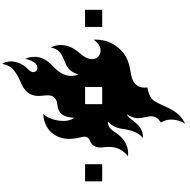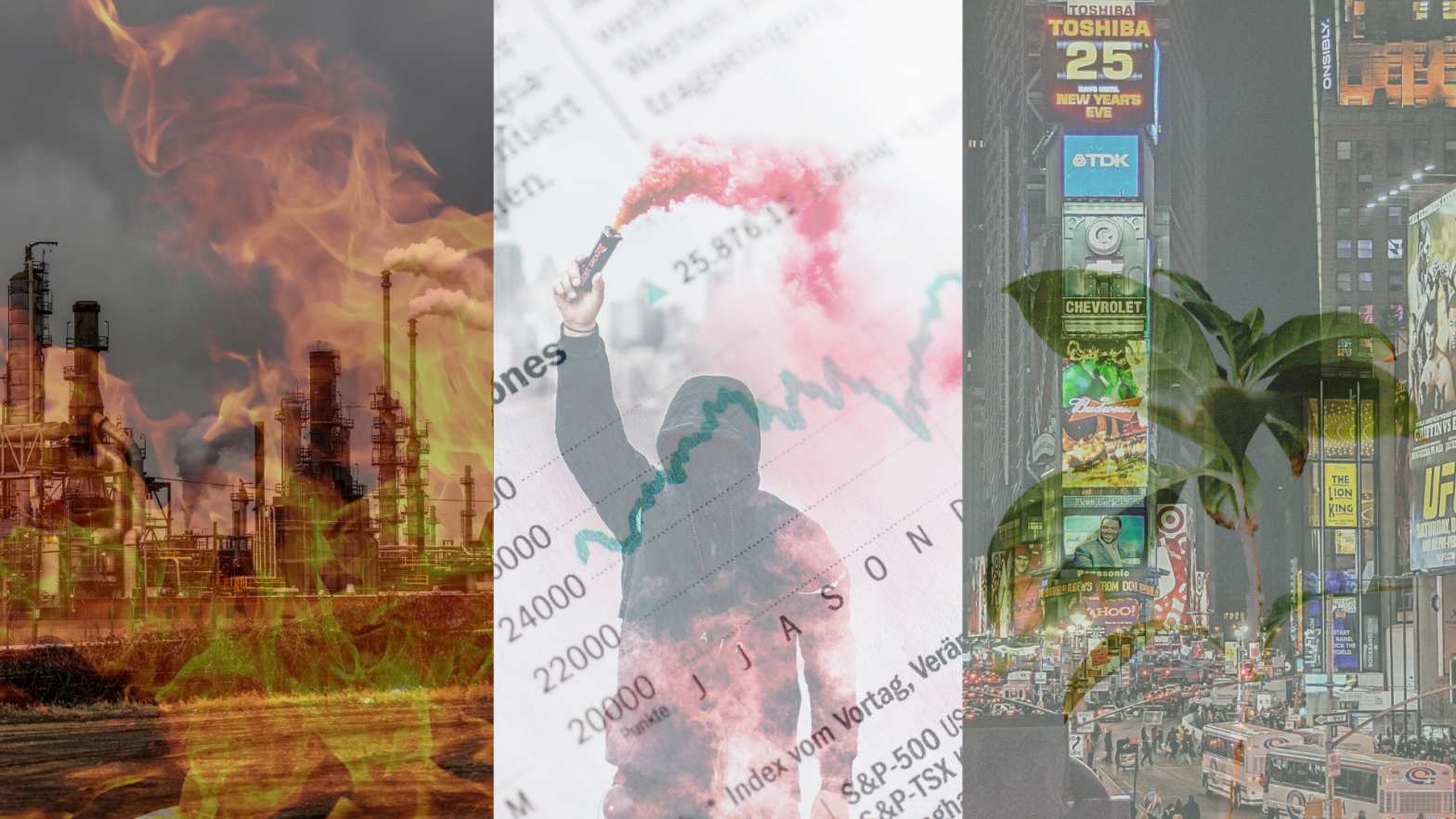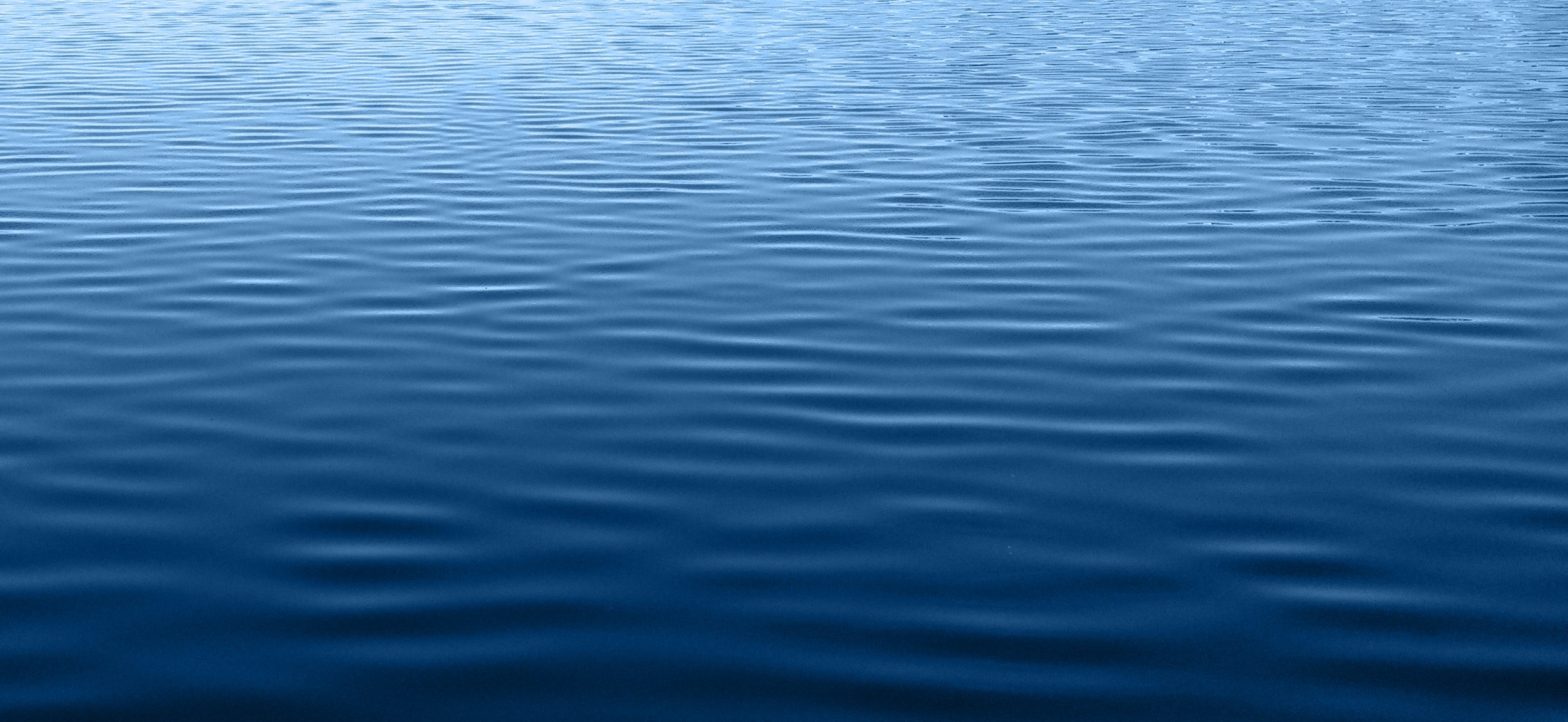In September 2019, thirty engaged scholars from diverging fields from Finland and Taiwan gathered to ponder upon the questions “What is Indigenous sustainabilities?”, “How can Indigenous perspectives contribute to sustainability science?” and “How can sustainability science become more sensitive towards Indigenous perspectives and worldviews?”.
Continue reading “Sustainability science is more about listening than re-inventing the wheel – Indigenous voices for sustainability”Distorted imaginaries in a world of crisis
“Narratives form our reality. We become their vessels. Stories find, capture, and hold us. Our lives are shaped by the stories we hear as children, some fade as we grow older, others are reinforced by our families, churches, and schools. From stories we absorb our goals in life, our morals, and our patterns of behaviour.” (Merchant, 1992)
Continue reading “Distorted imaginaries in a world of crisis”UniCafe’s decision to remove beef off the menu received positively among students
In October 2019 YLVA announced that their UniCafe restaurants are removing beef from their lunch menu and cafe items by February 2020. UniCafe is owned and operated by YLVA which is the Student Union’s (HYY) asset manager, owned by the students of University of Helsinki. Similar decisions to remove beef from the menu have been made in university cafeterias in other countries before. In the announcement YLVA reported that removing beef will reduce the carbon footprint of their restaurants by 11%. Now that the time has come and beef has left the building, it is a good time to return to this topic.
Continue reading “UniCafe’s decision to remove beef off the menu received positively among students”Life of Indigenous Languages
In 2019 the International Year of Indigenous Languages (IYIL2019) declared by the United Nations raised awareness on the immense value of Indigenous languages diversity. It also drew attention to the alarming rate to which many languages are turning into sleeping languages and endangered.
Continue reading “Life of Indigenous Languages”EU Water Framework Directive from a Finnish perspective: Evolution from a paper tiger to a beast with transformative potential
On 19 December 2019, the Supreme Administrative Court of Finland (SACF) ruled against Finnpulp, an intended 1,4 billion-euro industrial bioeconomy investment in Kuopio. In this landmark ruling (SACF 2019:166), the court overturned earlier decisions granting an environmental permit. The reasoning of the SACF was to a considerable degree based on article 4 of the Water Framework Directive (WFD, 2000/60/EC) as the project’s waste waters would have likely deteriorated the ecological status of Lake Kallavesi, or prevented the achievement of good status, as required by the directive.
How did the directive come to possess such power? What does the ruling reveal about the directive’s transformative power towards more sustainable water management in Finland and in the EU?
Continue reading “EU Water Framework Directive from a Finnish perspective: Evolution from a paper tiger to a beast with transformative potential”




